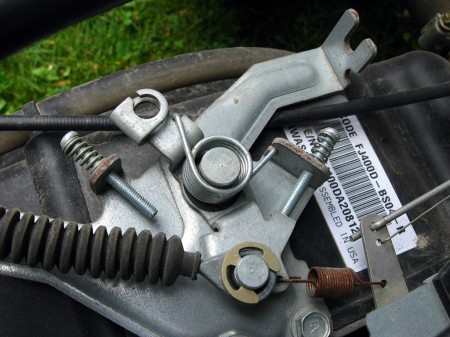Research being done off Lundy Island, in the United Kingdom, shows how quickly some marine ecosystems can begin to recover when fishing is discontinued. A five year old marine protected zone has resulted in the lobster population increasing sevenfold, as well as benefits to other species. This is consistent with the kind of larger scale recoveries that took place during the world wars, when the need for merchant ships and the dangers of war prevented most fishing fleets from operating.
It makes a person wonder what would be involved in producing a genuinely sustainable national fishery (trying to do the same in the open ocean is probably impossible for the foreseeable future, given the sheer number of unapologetically rapacious national fleets). One idea that comes to mind is this:
- Ban all imports. This will ensure that all fish being sold were caught under the sustainable approach.
- Restrict all fishing equipment (except safety equipment) to that which was available at the height of the age of sail. That means no diesel engines, no fish aggregating buoys, no satellite navigation, etc.
- Set catch quotas at a level where marine ecosystems as a whole remains vibrant and robust.
This would make fish dramatically more expensive, probably reducing consumption considerably. Arguably, it would actually increase employment in the industry. It would also make the industry rather more interesting to those both within and without it. Fishing from wooden tall ships has a lot more aesthetic appeal and romance than smashing the ocean floor and stripping the sea with freezer trawlers.
Of course, the above is supremely unlikely to ever happen. The question, then, is whether we will ever be able to come up with a mechanism that provides society with fish in an ethical and sustainable way, or whether we will keep plundering the resource, earning poorer and poorer catches, until we must be satisfied with whatever worms and jellyfish remain.





